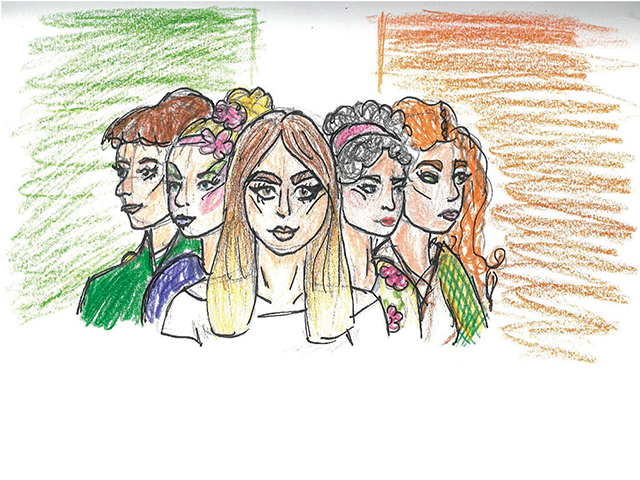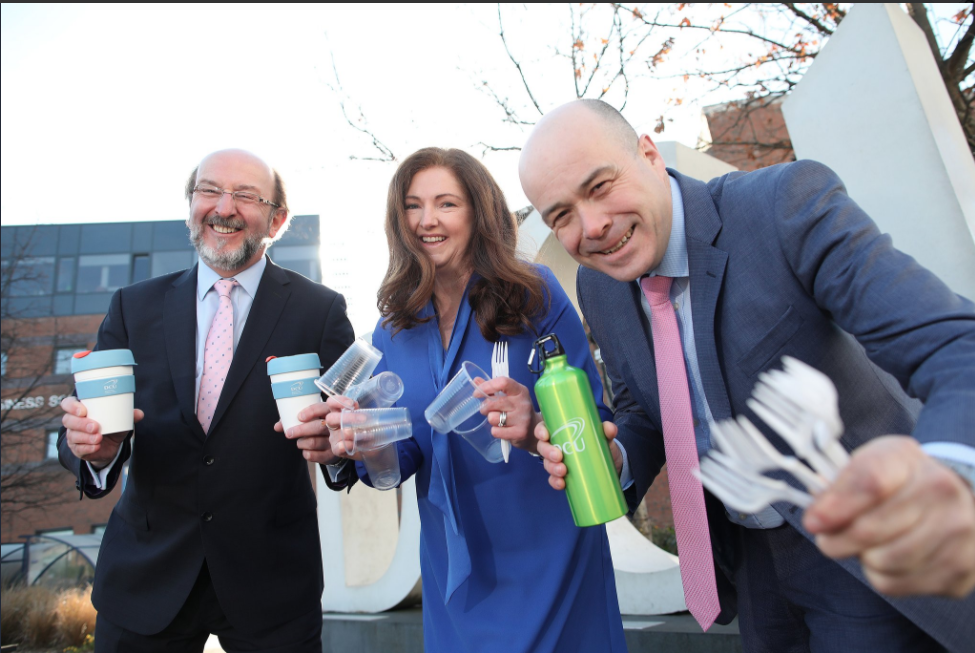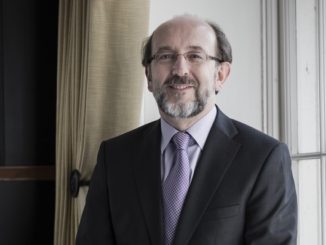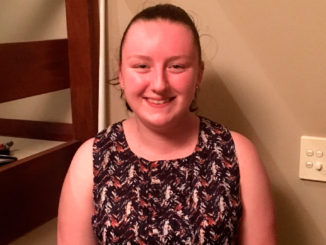
[dropcap]I[/dropcap]rish Women won the limited right to vote 100 years ago, and today, women have a voice and are treated as first class citizens in almost all countries. Here are the some of the most powerful women who influenced the society we live in.
The quaint Ireland of the 1960s may seem trite or melancholy when compared to social media and the internet connectivity of today, but in 1969, Mary Kenny was a voice for change and liberation at the Irish Press.
Editor for the women’s pages, the agenda for news production for women in 1969, seemed to suggest that women only cared about clothes, food, knitting patterns and home shopping tips. Outside matters like politics and religion, were seen as male topics. But Mary was determined to put them on the public agenda.
Kenny was one of the founding members of the Irish Women Liberation Movement (IWLM) in 1970, a group of female journalists that met weekly to discuss social issues for women in Irish society. Upon publishing their ‘Chains or Change’ manifesto in 1971, IWLM members appeared on the Late Late show in 1971, using their status to talk about feminism and act as a voice for Irish women.
Vivion de Valera, then-editor of the Irish Press, described Kenny and the other female employees as “the wild wild women” as they covered specific topics like deserted wives and sexual pleasure, as well as interviewing prostitutes.
She was not the first, but her work told those who doubted that women had a voice.
Another Mary gave hope to all on the island of Ireland, specifically in political circles, when in 1990 president Mary Robinson became the first female to hold the coveted office of President of Ireland.
In her victory speech, she spoke of the women of Ireland, who, she famously said, “Instead of rocking the cradle, rocked the system.”
Robinson believed that women could be independent, speak for themselves and talk about politics. She was passionate about the Irish liberation movement, divorce and contraception. Hers was a voice that told the women of Ireland there were no limits to what they could achieve, and in a decade creeping from recession, her voice was welcomed.
Prior to becoming president, Robinson served as a senator and in 1971 she was instrumental in trying to introduce the first bill proposing the legalisation of contraception in Ireland. Robinson also worked as a legal adviser in the campaign for the reform of homosexuality laws.
In the same way that one can wait for a bus for hours and two come along at the same time, yet another Mary was to take centre stage in the political landscape of Ireland.
Just as Mary Robinson replaced Mary McAleese in the Campaign for Homosexual Law Reform, Mary McAleese would take the mantel and serve as the 8th president of Ireland from 1997 to 2011.
Like Robinson before her, McAleese came with a legal background and a fierce amount of backbone and gumption.
She served for a time as a professor of criminal law at Trinity College in Dublin and for a very brief time she worked as a journalist and announcer for RTÉ.
Mc Aleese, the first woman from the North of Ireland to serve as president, was always a supporter of her own religious upbringing. However, she was no wilting violet when it came to calling the church out and did so on a number of issues.
Upon her re-inauguration for her second term, McAleese said: “The theme of my presidency, the eighth presidency, is building bridges. These bridges require no engineering skills but they will demand patience, imagination and courage for Ireland’s pace of change is now bewilderingly fast”.
However, McAleese recently found herself at a burning bridge, following the Vaticans decision to rescind an invitation to her as a speaker for the International Women’s Day conference.
Mc Aleese, like the Mary before her, is a strong supporter of LGBT rights. Her son Jason, who is gay, has been both her inspiration to illicit change, and her strength to fight on.
Mary Lou McDonald became the new Sinn Fein President last week, taking over the role from Gerry Adams.
She won her Dáil seat back in 2011 and retained it in 2016. Mary is a dedicated, driven politician who is no stranger to controversy and pushing the rights of women in Ireland.
Her great uncle was executed by the Free State during the civil war, and she says this and the hunger strikes during the ‘troubles’ awakened her to the injustices suffered by northern Catholics.
She has made no secret of her desire to see a united Ireland, and her public speaking skills have won her the respect of many.
Known for her outspoken views, and like the Mary’s before her, a woman who does not fall at the first hurdle, but believes in facing the challenges of politics, and life straight on.



